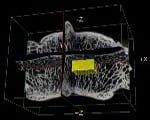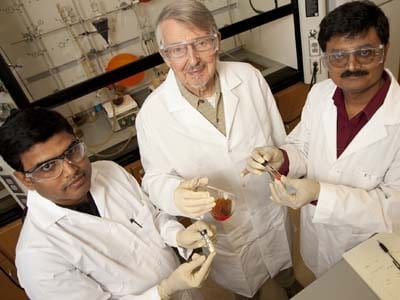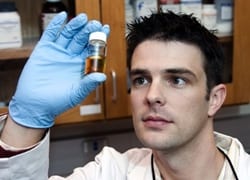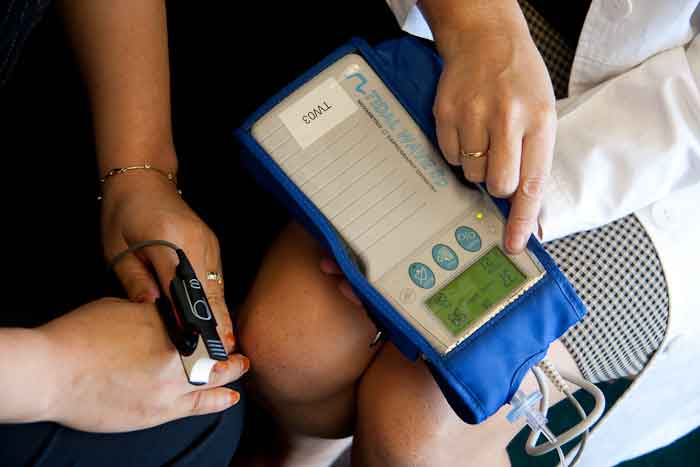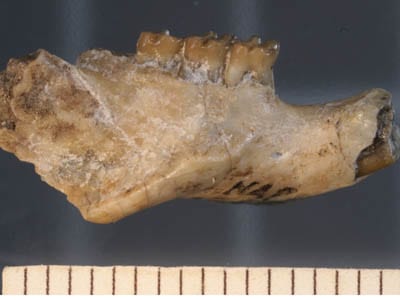A research study by Ernest Jouriles in collaboration with others in the SMU Department of Psychology is cited in a Nov. 5 article in the Toronto Star.
Journalist Ann Douglas elaborates on the study in her article about the way parents make a difference when it comes to encouraging their children to make healthy relationship choices.
The study, “Teens’ experiences of harsh parenting and exposure to severe intimate partner violence: Adding insult to injury in predicting teen dating violence,” was published in April in the journal “Psychology of Violence.”
Co-authors with Jouriles on the study were Victoria Mueller, David Rosenfield, Renee McDonald and Catherine Dodson.
EXCERPT:
By Ann Douglas
Toronto Star
Parents can make a difference when it comes to encouraging their children to make healthy relationship choices down the road.These skills don’t develop automatically — nor can you expect to cover everything your child needs to know in a one-time “facts of relationships” conversation.
You’ll want to start the conversation about respectful and empathetic relationships during the preschool years, or even earlier, and to carry on that conversation throughout the teen years and beyond, says Lynn Zimmer, executive director of YWCA Peterborough, Victoria, and Haliburton, a non-profit organization that operates a secure emergency shelter for women and children fleeing abuse.
She encourages parents to consider the following question: “What values can you transmit to your children so that they are respectful and resilient — not completely compliant, and yet not doing harm to others?”
Children learn more from our actions than from our words.
“We have to think about what relationship models we are providing for our children — to consider what they are seeing at home,” notes writer and speaker Michael Kaufman, co-founder of the White Ribbon Campaign.
Research indicates that harsh parenting — parenting that is physically or verbally abusive — affects children’s perceptions of what constitutes a loving relationship.
A study conducted at Southern Methodist University and published in Psychology of Violence this past April, noted that teenagers who have been traumatized by harsh parenting and exposure to violence in the home may be “primed to respond aggressively to negative behavior from a romantic partner, or even to ambiguous behavior that they erroneously interpret as hostile or threatening.” In other words, trauma may interfere with the brain’s ability to make sense of and to cope with conflict in a relationship.
Follow SMU Research on Twitter, @smuresearch.
For more SMU research see www.smuresearch.com.
SMU is a nationally ranked private university in Dallas founded 100 years ago. Today, SMU enrolls nearly 11,000 students who benefit from the academic opportunities and international reach of seven degree-granting schools. For more information, www.smu.edu.
SMU has an uplink facility located on campus for live TV, radio, or online interviews. To speak with an SMU expert or book an SMU guest in the studio, call SMU News & Communications at 214-768-7650.

 100 million-year-old coelacanth discovered in Texas is new fish species from Cretaceous
100 million-year-old coelacanth discovered in Texas is new fish species from Cretaceous Academic achievement improved among students active in structured after-school programs
Academic achievement improved among students active in structured after-school programs New study on kingship and sainthood in Islam offers a striking new historical perspective
New study on kingship and sainthood in Islam offers a striking new historical perspective Texas frontier scientists who uncovered state’s fossil history had role in epic Bone Wars
Texas frontier scientists who uncovered state’s fossil history had role in epic Bone Wars Observed! SMU’s LHC physicists confirm new particle; Higgs ‘God particle’ opens new frontier of exploration
Observed! SMU’s LHC physicists confirm new particle; Higgs ‘God particle’ opens new frontier of exploration
 Public health insurance provides insured infants better, less costly care than private plans
Public health insurance provides insured infants better, less costly care than private plans A mathematical model determines which nations are more stable and which are more likely to break up
A mathematical model determines which nations are more stable and which are more likely to break up Indian, Vietnamese immigrants become American over time through civic activities, say anthropologists
Indian, Vietnamese immigrants become American over time through civic activities, say anthropologists












